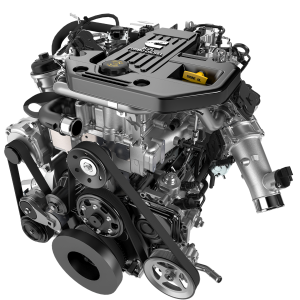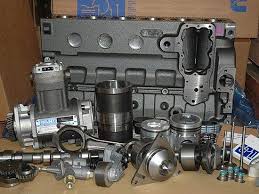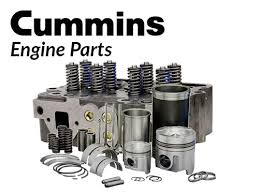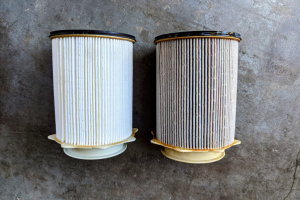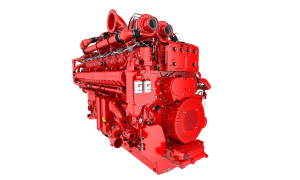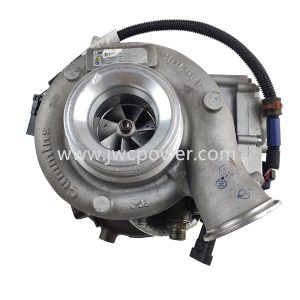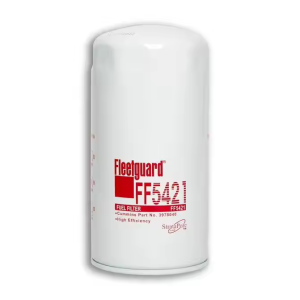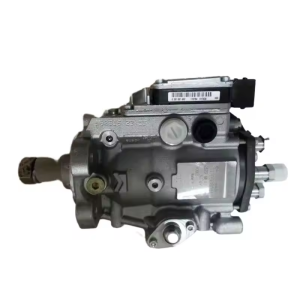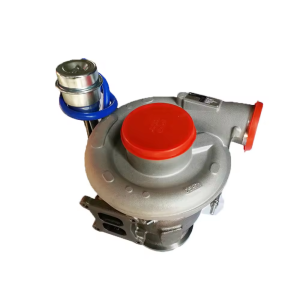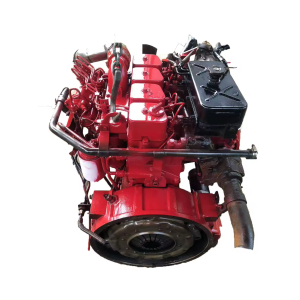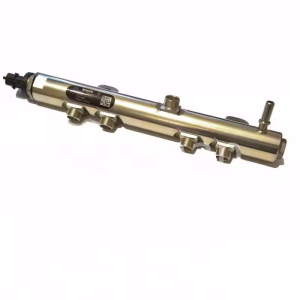Installing a new turbo is a great way to boost engine performance. However, if you install a new turbo without tuning the engine to accommodate the increased airflow, it can lead to various issues. Tuning ensures that the engine can handle the extra power and air properly.
What Happens If You Install a New Turbo Without Tuning?
Installing a new turbo without tuning can cause many performance and reliability issues. Here’s how neglecting to tune the engine can affect your engine:
1. Performance Issues
A new turbo, without proper tuning, can lead to various performance problems. The turbo will force more air into the engine, but if the engine is not tuned to handle this extra airflow, it will not be able to use the air effectively. This can result in decreased engine performance, such as poor throttle response, increased turbo lag, or even a noticeable drop in acceleration. The engine may struggle to adapt to the new airflow, leading to inefficient combustion and sluggish performance.
2. Engine Reliability Concerns
When you install a new turbo without tuning, you risk placing unnecessary stress on engine components. The extra boost and airflow that the turbo provides can overwhelm the engine if it is not adjusted for optimal performance. This can cause components like the intercooler, fuel injectors, and pistons to wear out more quickly, leading to premature failure. Without proper tuning, the engine’s air-to-fuel ratio could be thrown off, causing it to run too rich or too lean, further increasing the stress on the engine.
3. Engine Damage Risks
One of the most serious consequences of installing a new turbo without tuning is the risk of engine damage. If the engine is not tuned to handle the increased boost from the turbo, it can cause severe engine knocking or detonation. This happens when the air-fuel mixture ignites too early, creating harmful pressure waves inside the engine. Prolonged knocking can lead to piston damage, damaged cylinder heads, or even a cracked engine block. Furthermore, the turbo itself could experience excessive wear if the engine’s fuel system and tuning aren’t properly adjusted to accommodate the changes.
4. Emissions and Driveability Issues
Another issue caused by installing a new turbo without tuning is the effect on emissions. The engine’s fuel system and exhaust gas recirculation (EGR) system are calibrated to work with a specific amount of airflow. When the turbo is upgraded, the increased air pressure can throw off the balance, resulting in excessive emissions or a failed emissions test. Additionally, without tuning, the engine may experience poor driveability, such as rough idling, stalling, or hesitation during acceleration.
Why Is Tuning Necessary?
Tuning is necessary after installing a new turbo because it adjusts the engine’s parameters to handle the increased airflow and boost pressure. A tune ensures that the engine’s air-to-fuel ratio, ignition timing, and fuel delivery are properly calibrated for the new turbo. This prevents performance issues, enhances engine reliability, and protects against damage. Tuning also optimizes the turbo’s efficiency, allowing the engine to use the additional power in a smooth and controlled way.
How to Perform the Tuning?
To perform the tuning after you install a new turbo, you typically need to use a performance tuning tool or work with a professional tuner. Tuning involves modifying the engine’s ECU (Engine Control Unit) to adjust parameters like boost levels, fuel maps, and ignition timing. Many modern diesel engines, including those with Cummins engines, can be tuned with an aftermarket tuner that plugs directly into the OBD-II port. In some cases, dyno testing may be required to fine-tune the engine’s performance to ensure it’s running efficiently. A professional tuner can provide the most precise adjustments for your specific turbo setup.
Conclusion
Installing a new turbo without tuning can lead to performance problems, engine damage, and poor emissions. Proper tuning is necessary to ensure the engine runs smoothly and reliably, handling the increased airflow and pressure effectively. Always make sure to tune a new turbo to maximize its benefits and avoid costly damage.

